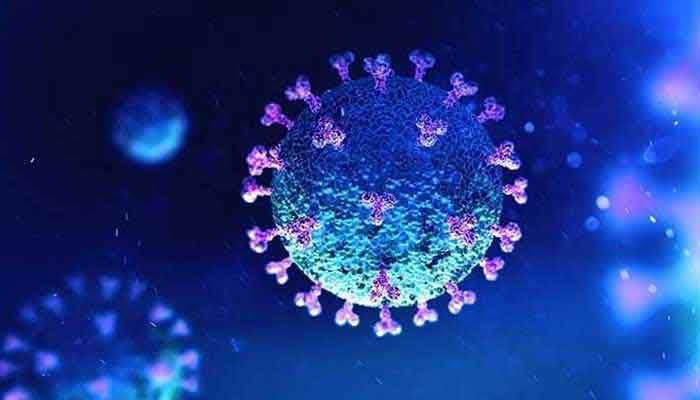Antimalarial drugs indicated improvement in coronavirus patients in Lahore: Dr Aslam
The US drug authority had approved limited, emergency-based use of two antimalarial drugs for coronavirus
LAHORE: Different hospitals across Punjab have started administering antimalarial drugs to coronavirus patients after they showed improvement in those who recovered from the disease, according to Chief Executive Officer Mayo Hospital Dr Asad Aslam.
Recently, the US drug authority had approved limited, emergency-based use of two antimalarial drugs, chloroquine and hydroxychloroquine, for treating coronavirus patients.
According to Dr Aslam, in the last 15 days in Lahore, eight coronavirus patients have recovered after being administered the drugs at Mayo Hospital, indicating encouraging results.
The doctor told that after China, now the hospitals in Punjab are also benefiting from the use of chloroquine and hydroxychloroquine.
Meanwhile, a Punjab government spokesman said that the government has acquired more than 50,000 antimalarial tablets.
Punjab, has so far, witnessed 740 coronavirus cases, with nine deaths.
It is pertinent to mention that soon after the drugs gained limelight, it vanished from medical stores across the country, despite them not being validated through definitive clinical trials.
The drugs had also gained open appreciation from US President Donald Trump.
Trump said last month that the two drugs could be a "gift from God," despite scientists warning against the dangers of overhyping unproven treatments.
According to an AFP report, many researchers including Anthony Fauci, the United States' leading infectious disease expert, have urged the public to remain cautious until larger clinical trials validate smaller studies.
Chloroquine and hydroxychloroquine are synthetic forms of quinine, which is found in the barks of cinchona trees of Latin America and has been used to treat malaria for centuries.
Some in the wider scientific community have cautioned more research is needed to prove that they really work and are safe for COVID-19.
-
Security forces gun down 30 terrorists in multiple IBOs in KP: ISPR
-
MQM-P calls for new province in Sindh
-
US report validates Pakistan military edge over India: PM
-
Banned TTP poses serious threat to Pakistan security: UNSC panel
-
CM Afridi clarifies remarks on by-poll after ECP requests army deployment
-
Dubai sees 3.2m Pakistani passengers in 2025 as airport sets new milestone
-
Security forces kill 23 Indian proxy terrorists in KP's Kurram
-
Pakistan to construct island to boost oil exploration: report












